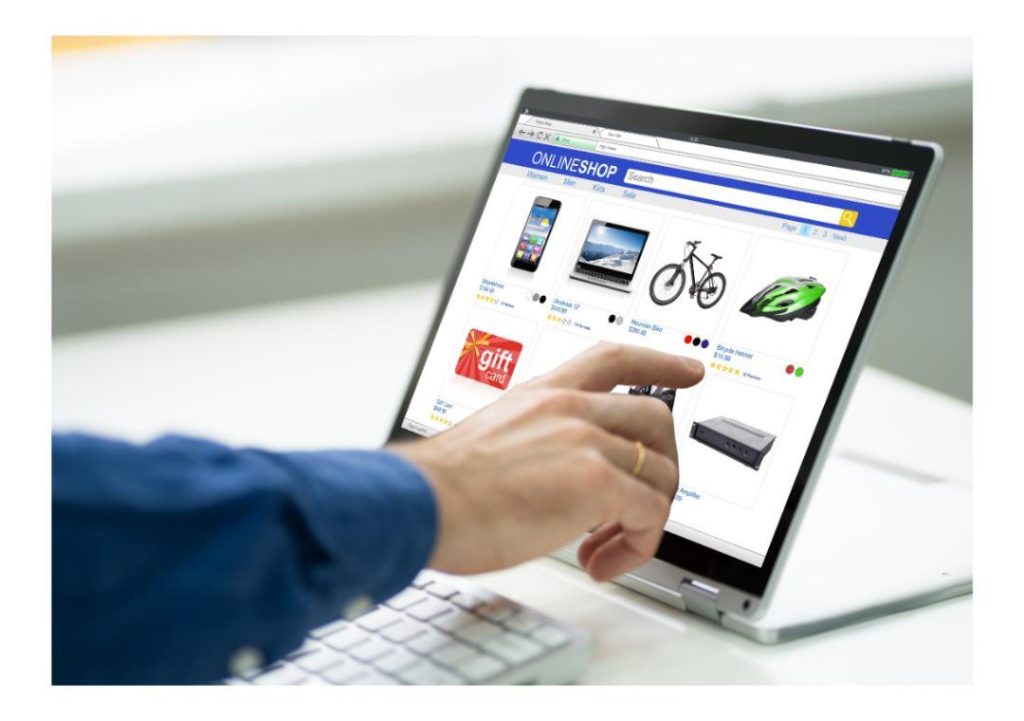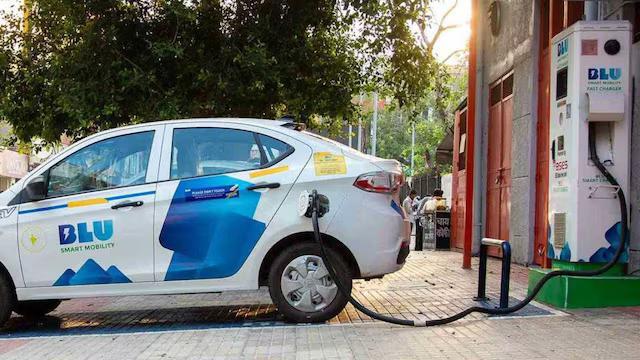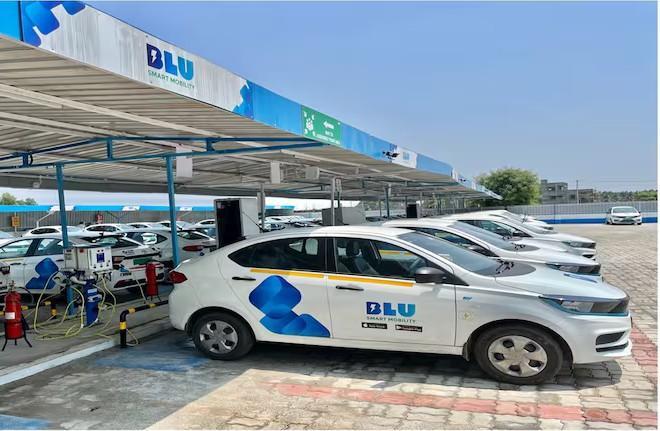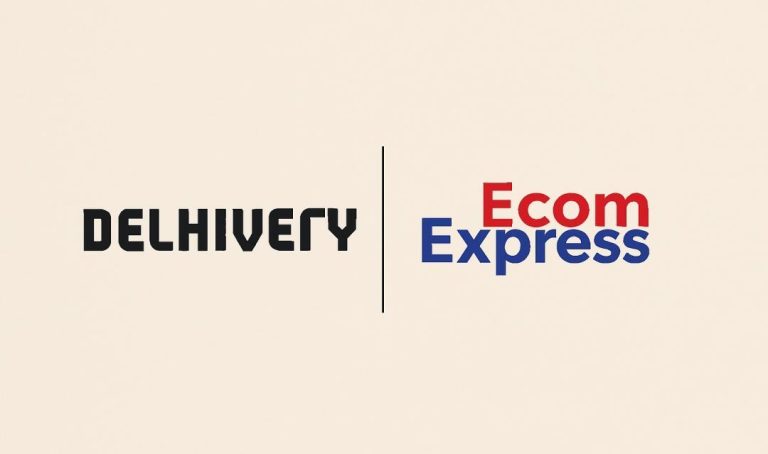
Why D2C Startups Are Built to Move Faster
In today’s fast-paced market, speed is the name of the game. Business leaders are constantly looking for ways to stay ahead of the competition, adapt to changing trends, and respond to customer needs in real-time. One model that has been gaining popularity in recent years is Direct-to-Consumer (D2C). D2C startups have been built with speed in mind, and it’s no wonder why they’re thriving.
In this blog post, we’ll explore why D2C startups are built to move faster and what benefits this speed brings to the table.
The Traditional Retail Model
Before we dive into the world of D2C, let’s take a look at the traditional retail model. In this model, a brand produces a product, sends it to a retailer, and then the retailer sells it to the consumer. This model has been around for decades, but it has its limitations. Retailers often have their own timelines for receiving, stocking, and selling products, which can lead to delays and inflexibility.
For example, let’s say a brand wants to launch a new product. In the traditional retail model, they would need to wait for the retailer to receive and stock the product, which could take weeks or even months. By the time the product hits the shelves, the market may have already moved on to the next big thing.
The D2C Model
D2C startups, on the other hand, operate directly with customers, cutting out the middleman. This means they can respond to trends and customer needs in real-time, without relying on retail timelines.
In the D2C model, brands have complete control over the customer experience, from product development to marketing and sales. This level of control allows them to be more agile and responsive to changing market conditions.
Why Speed Matters
So, why does speed matter so much in today’s market? The answer is simple: consumers are more informed and connected than ever before. With the rise of social media, online reviews, and influencer marketing, consumers have access to a wealth of information about products and brands.
This means that if a brand doesn’t respond quickly to market trends and customer needs, it can quickly lose ground to competitors who are more agile and responsive.
Benefits of Speed
So, what are the benefits of speed in the D2C model? Here are a few:
- Faster Time-to-Market: With the D2C model, brands can launch new products and services in a matter of weeks or even days, rather than months or years.
- Increased Agility: D2C startups can respond quickly to changing market conditions, consumer preferences, and trends, giving them a competitive edge.
- Better Customer Insights: By operating directly with customers, D2C startups can gather valuable insights and feedback in real-time, allowing them to refine their products and services.
- Cost Savings: By cutting out the middleman, D2C startups can reduce costs and increase profit margins.
Real-Life Examples
Let’s take a look at some real-life examples of D2C startups that have leveraged speed to their advantage.
- Warby Parker: Warby Parker, a popular eyewear brand, was founded in 2010. The company has disrupted the traditional eyewear industry by offering affordable, stylish glasses and a home try-on program. By operating directly with customers, Warby Parker has been able to respond quickly to changing fashion trends and consumer preferences.
- Casper: Casper, a mattress startup, was founded in 2014. The company has disrupted the traditional mattress industry by offering affordable, high-quality mattresses and a convenient online shopping experience. By operating directly with customers, Casper has been able to gather valuable feedback and insights, allowing them to refine their products and services.
Conclusion
In conclusion, D2C startups are built to move faster, and it’s no wonder why they’re thriving in today’s market. By operating directly with customers, D2C startups can respond quickly to changing market conditions, consumer preferences, and trends, giving them a competitive edge.
As the market continues to evolve, speed will become increasingly important for businesses looking to stay ahead of the curve. Whether you’re a seasoned entrepreneur or just starting out, the D2C model offers a unique opportunity to build a brand that is agile, responsive, and customer-centric.
Source:






